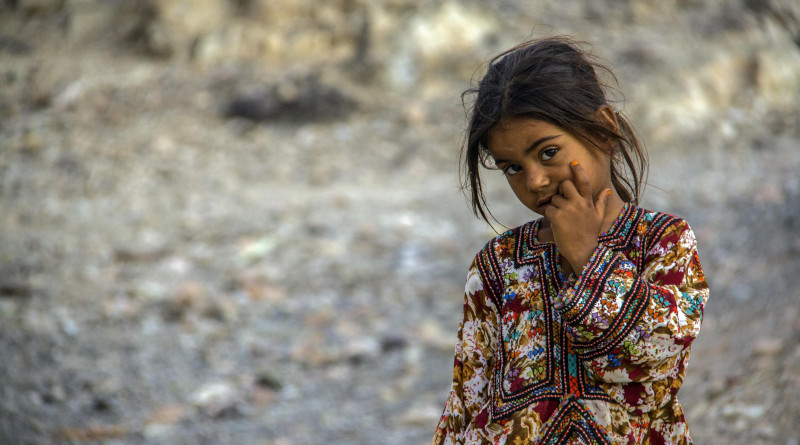Protecting Girl Children And Pakistan’s Woes – OpEd
By Mazhar Iqbal
As the World inaugurates the First International Day of Girl Child, Pakistan is struggling to save life of a brave teenage girl. On this day, 14-year-old Malala, is not fighting against militancy, but for her own survival. Communities around the globe are entering into a new era of joint efforts to end fundamental human rights violations that impact all aspects of a girl’s life, but this young peace activist from Taliban’s heartland in Northern Pakistan is struggling for her own life.
No doubt, her internationally acclaimed peace struggle is the motive behind this cruel attack. According to the latest reports she was being sent to the top military hospital in Rawalpindi and her condition was not yet out of danger despite improvement. The Taliban, who accuse her of “promoting secularism”, have said they will target her again. There have been widespread protests in Pakistan against the shooting.
At UN Headquarters in New York, human rights activists, peace educators, professionals and officials of UNICEF, UNFPA and UN Women will sit together to discuss the ways how governments, civil society, UN agencies and the private sector can come together to accelerate a decline in the practice of child marriage.
The 11th October 2012 is being celebrated as the first international day of girl child. There is a long struggle behind this historic day and on the forefront of all others the UNICEF has been the main supporter of this important development. Working with individual states, UNICEF took part in developing state action plans and supported the establishment of girls clubs and collectives that were trained on child rights and how to work with the community to stimulate a dialogue about ending child marriage.
World communities’ experiences about girl child are varied and multi-dimensional. One of the major factors for abusive behaviour against girl child is the lack of education. Countries like India, Pakistan, Bangladesh, Burkina Faso, Djibouti, Ethiopia, Niger, Senegal and Somalia have the worst situation of child rights.
There has been some improvement over the last few years, as these states have shown willingness to combining legal measures with support to communities, but still there is a need of massive policy and legislation improvement.
This is a global menace that all over the world teenage girls face discrimination, violence and abuse every day. This alarming situation demanded that there should be a collective effort be adopting an all-inclusive approach. The International Day of the Girl Child, is a new global observance to highlight the importance of empowering girls and ensuring their human rights.
Communities in South Asia, Africa and some other regions of the world have been experiencing the worst examples of abuse against girl child. They are keen and willing to invest their potential towards any such effort that can improve their track record of child rights violations. There are multiple issues related with girl child rights violations that would be taken up by world at large in next few years.
For this inaugural day, the United Nations is focusing on the issue of child marriage. Globally, around 1 in 3 young women aged 20 to 24 approximately 70 million were married before the age of 18. Despite a decline in the overall proportion of child brides in the last 30 years, the challenge persists, particularly in rural areas and among the poorest.
(The writer is associated with Press for Peace and can be reached at [email protected] )

